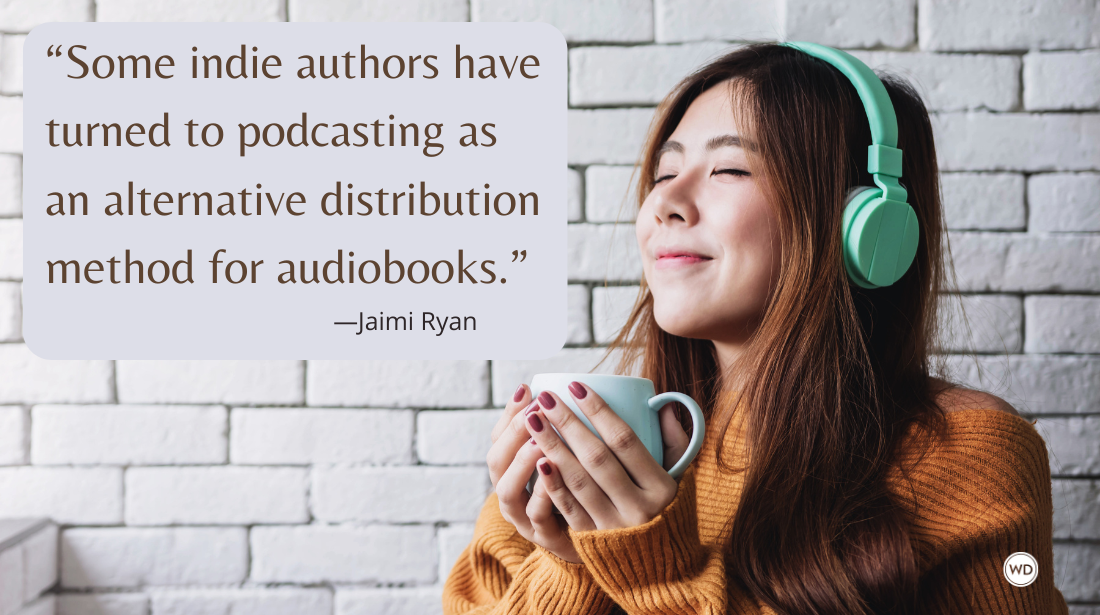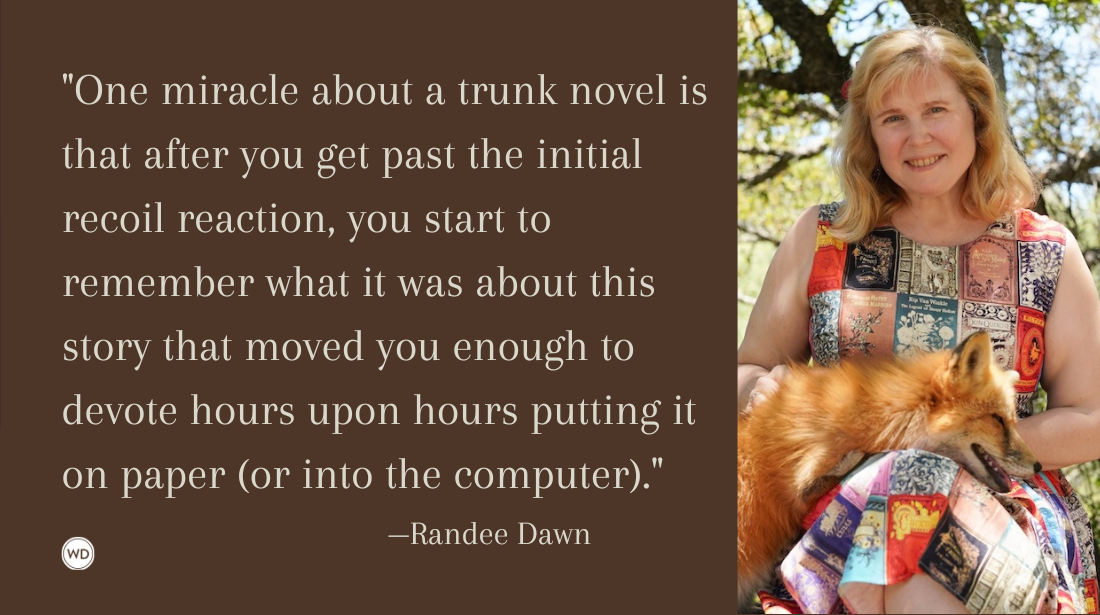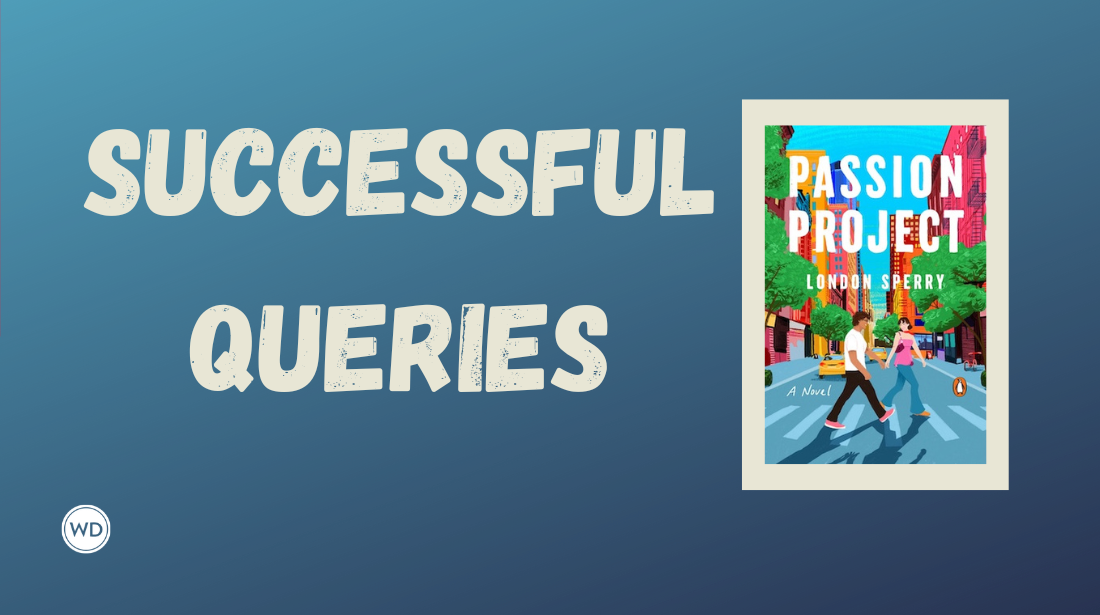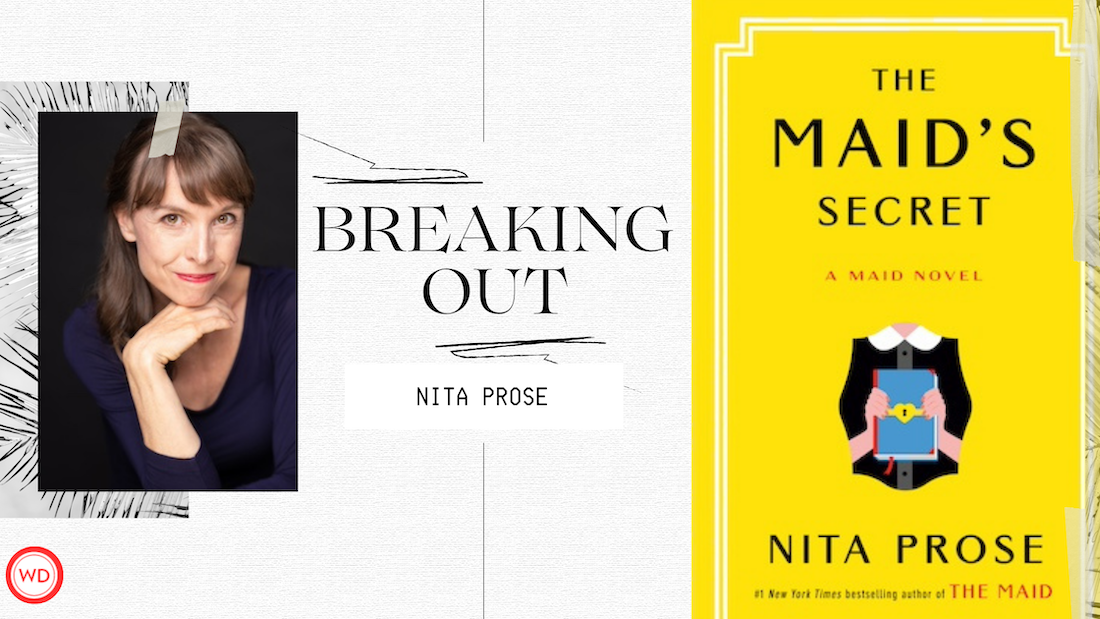Unhooking in the New Year: Finding Someone Has Taken Your Book
Author Susan Shapiro shares her experience of dealing with a new book that looked and sounded strikingly similar to her own, including her initial reaction and eventual resolution for the new year.
Checking the new 2025 books on the website of a top publisher, I did a double take when I caught my old book Unhooked on there. I was confused since that self-help addiction paperback came out a dozen years earlier from a small publisher who had a different big-five distributor. On closer inspection, it turned out, the little image with my title and cover design had another author’s name below it. WTF?
While my Unhooked cover was orange with block white and yellow lettering, this other Unhooked was yellow with block white letters. Was it an AI knockoff, a phenomenon colleagues had been complaining about lately? Googling, I discovered my project was not the victim of artificial intelligence, at least not the virtual kind. Rather a West Coast self-help guru’s upcoming addiction hardcover had the same title, white print and fishing hook design against a plain background as mine. So I did what any author would do upon finding their baby has been kidnapped: I freaked!
In the writing biz for decades, I knew titles could not be copyrighted. The moniker “Unhooked” had previously been used, at one point for an investigation of sexual hookups, though I’d never seen an identical title, cover design, coloring, AND topic as mine before.
In the past I’d sold books to bigger publishers—including an earlier addiction memoir Lighting Up, about how I’d quit smoking, drinking, and drugs 23 years ago. I’d hoped making my sobriety public would make it stick—and it did. After telling my own story, Unhooked became my first collaborative health book, a little labor of loyalty, to share the wisdom of my substance abuse specialist, a father figure who’d been in the field 30 years. He’d guided me through “the substance shuffle” where, after I quit one bad habit, I’d immediately find another. “Everything is too important to you,” he’d warned. It was! I’d been so thrilled when our project landed on the New York Times bestseller list (for two weeks), garnered good reviews in Publishers Weekly and Kirkus Reviews, foreign editions in Spanish, Korean, and Chinese, and wound up helping other addicts. I became addicted to 13 years of royalty checks.
Yet now, as everyone was resolving to quit their compulsions in January, I was getting unhinged over Unhooked, my impatient personality becoming addicted to Google-stalking. I found the email to contact the author. Subtle as always—but trying to be calm and polite—I asked why he was using the exact name and fishhook motif as my addiction book which was still alive and in print. Hadn’t he tried Googling?
After all, it was an easy mistake. Pre-internet, when I’d once shown my agent my new humor project How to Stay Single Forever, she went to her shelves to pull out the humor book How to Stay Single Forever. (I immediately revised my title and concept.) Ever since then, as a longtime writing professor, the first thing I told my classes to do when they came up with a pitch—even for a newspaper or magazine piece—was to check if it’s been done before. It often had.
While concurrent concepts weren’t uncommon, you could easily revise, making the words, execution, or angle your own. Finishing a 2010 novel Overexposure, seeing that word had been taken as a title for another work of fiction, I switched its moniker to OverexposED. Why couldn’t this West Coaster have at least added a gerund to make his UnhookING, tried black type, or an original motif that didn’t so closely mirror a successful book already out there?
I expected him to be shocked to learn he’d inadvertently used both my title and design, apologize for the obvious mistaken overlap, and/or offer to alter something so we weren’t cover twins. Hours later he answered that he had indeed Googled Unhooked, but since my book came out in 2012 from a small press and “only had 148 reviews on Amazon,” he didn’t think my project had enough “presence” to matter. “To be honest,” he added, “I would imagine that what will actually happen is that your book will get a sales bump from my marketing push.”
My stomach sunk. So it wasn’t by accident? Laying claim to the title, picture and layout I’d created in 2012, which he admitted knowing about, he felt entitled to recycle my previously published cover because it was from a smaller company? And he thought he was doing me a favor?
It reminded me of the former student who’d repost the obscure poems, articles, and quotes I displayed on my social media pages with no attribution. When I suggested the ethical way to copy someone else’s creation verbatim was to credit them, share it from their page with their tag, or at least comment, “This is great! Reposting,” she asked, “Why?” Then, after taking my popular $500 5-week Zoom class on publishing essays, she launched the exact same 5-week online essay class for $499.
As an English major turned literary critic who didn’t grow up with computer culture, I’d always found the web to be a problematic wild west of plagiarism, where lifting ideas was normalized and younger people didn’t even pretend not to. Several undergrads in my courses had taken long paragraphs from Wikipedia verbatim, not knowing they had to use quotes and cite it as their source, as if everything electronically transmitted could be recklessly appropriated for free, regardless of bylines, boundaries, and the concept of intellectual property. Yet seeing Unhooked recycled felt personal, like I was over, and my livelihood and 40 years of hard work was up for grabs by the slyest usurper. This brazen, slippery cyber-stealing made me crave a joint, drink, and cigarette.
Emailing my agent, book editor, and literary lawyer, they advised me to check if any material inside this upcoming Unhooked also overlapped (though I hadn’t read it yet). If not, they explained we’d have to argue he’d used the same “trade dress on the design” that made them indistinguishable which—they feared—couldn’t be legally proven with conviction—since there was a different subtitle and author’s name (his). What a depressing way to start the new year.
While I wasn’t imbibing, toking, or overeating, I couldn’t stop obsessively researching the younger male “mental health expert” on the opposite coast. I questioned his “#1 bestselling author” presence, since his only previous book was self-published (with 248 Amazon reviews) which, he said, sold 5,000 copies. My Unhooked sold so well they’d turned it into a hardcover with subsequent reissues that were not the least bit dead, I told him competitively, adding that it had been linked to a Washington Post recovery piece I’d published just the week before.
Perusing L.A. guru’s personal blog, my substance abuse platform suddenly seemed softer. He’d chronicled how, like Walter in Breaking Bad, he’d been addicted to meth, using 500 dollars of methamphetamine a day for three years (dwarfing my measly pot, tobacco, and rum and Tab dependencies). While I’d once accidentally smoked crack with a bus driver, he’d been arrested by a full-on SWAT team of 12 cops for dealing crystal meth, woke up handcuffed in the hospital after being caught in possession with a half a pound of cocaine, spent a year in jail and a year in rehab. When he couldn’t get hired because of his criminal history, he wound up with a PhD. (I’d merely shoplifted candles and completed a masters.) In the dramatic addiction Olympics, he took the cake (or coke, as it were).
On Instagram he’d broadcast such pseudo-spiritual message balloons as “Hang in there, it gets better,” “Life is simple,” “Stay kind,” “It’s not a problem, it’s a reality,” and “Fuck Shame,” unveiling shirtless pics of himself on the beach. He posted multiple bikini shots of his wife—a “health and wellness expert” influencer, raw food chef, and yoga teacher, and their photogenic kids. (Alas, my East Coast professor husband shunned social media and preferred bacon cheeseburgers.) The guru’s wife even wrote a piece about how her husband had been a sex addict too. Maybe he should have relaunched my memoir instead?
Frustrated, I asked for advice from my women’s journalism groups on social media about how to handle this self-helping facsimile. Several said how common this problem was, mentioned lawsuits and compensations they’d won, commenting that my original cover was classier and that karma was on my side. Two kind former students took pity on me and belatedly rated my Unhooked, so my page now had 150 Amazon reviews—and counting.
Over an emergency phone shrink session, I struggled for an insightful overview. Taking advice from my own pages, I ended up scrawling a list of what I was grateful for: When my Unhooked first came out, it performed better than I’d expected. Therapy allowed me to break through my bad habits and emotional barriers so I could publish several more books my family hated, with two new projects in the pipeline.
As I started another turn around the sun clean and sober, I decided I was unhooking from Unhooked. I told my students that writing was a way to turn your worst experiences into the most beautiful. I focused on how I’d miraculously transformed my smoke, booze, and bong addictions into book deals—a feat nobody could take away, and a healthier replacement still worth celebrating.
Check out Susan Shapiro's Unhooked here:
(WD uses affiliate links)
Susan Shapiro, a long-time writing professor, is the author most recently of the writing guide The Byline Bible, the memoir The Forgiveness Tour and the coauthored American Shield. You can follow her on Instagram or visit her website.








